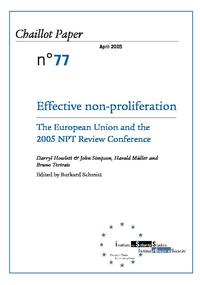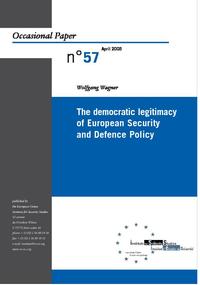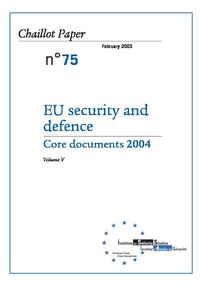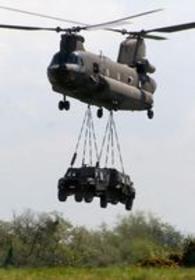The Common Security and Defence Policy (CSDP) is an integral part of EU foreign policy. Through its military operations and civilian missions, the EU has contributed to regional and global stability. Since it's inception, the CSDP has responded to a shifting regional security context. It has played a vital role in crisis management in the EU's near and wider neighbourhood but it is also an essential part of the EU's broader approach to the protection of Europe and capacity building.
Although the Lisbon Treaty consolidated the EU's crisis management apparatus, the EU Global Strategy has set a new level of ambition for EU defence. In addition to the CSDP playing an operational role in the EU's integrated approach to crises, the EU Global Strategy has stressed the need for the EU to become a more capable and effective defence actor. Initiatives such as the European Defence Fund, the coordinated annual defence review (CARD) and more coherent financing for EU operations and capacity building efforts are all aimed at supporting the EU's strategic autonomy and the European Defence Technological and Industrial Base. The EUISS continues to support the development of CSDP through outreach activities and expert publications.







